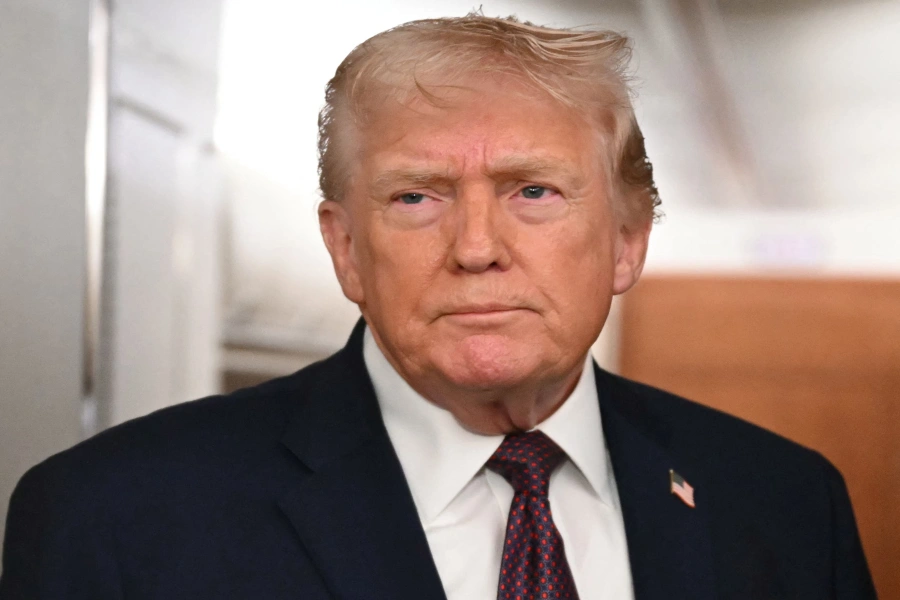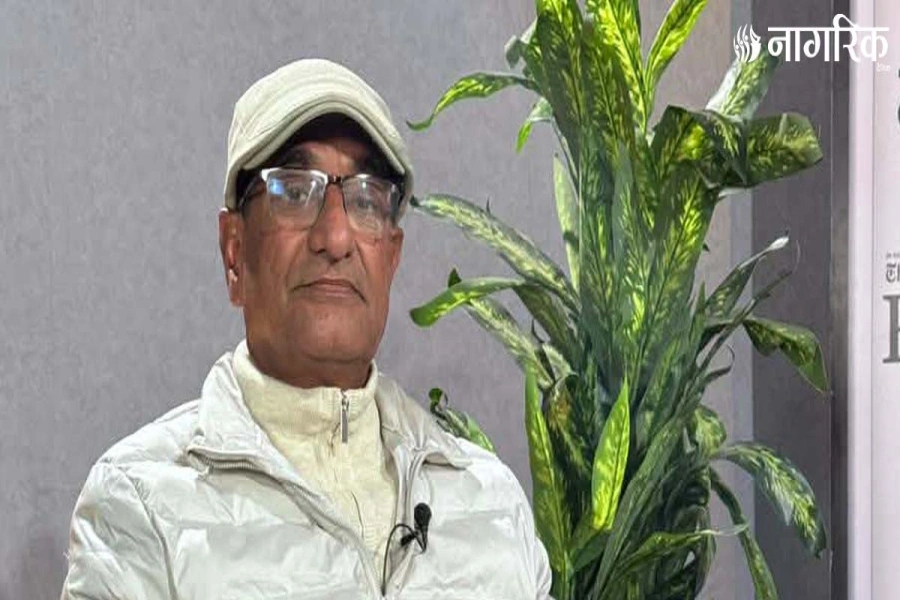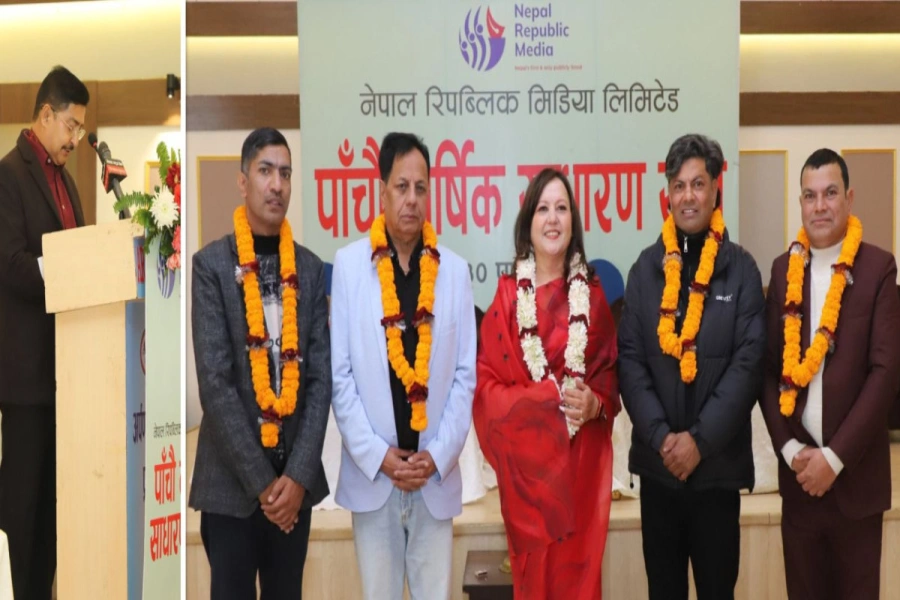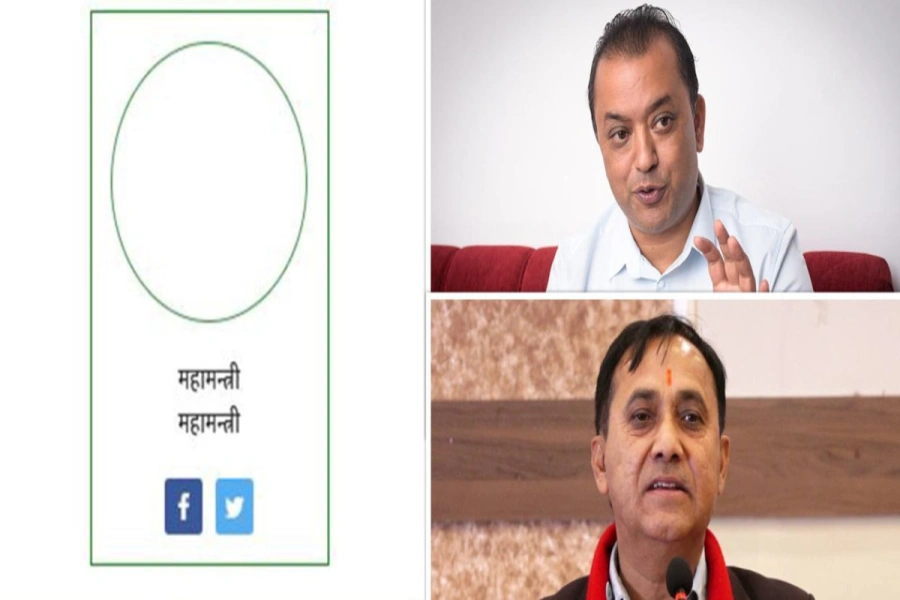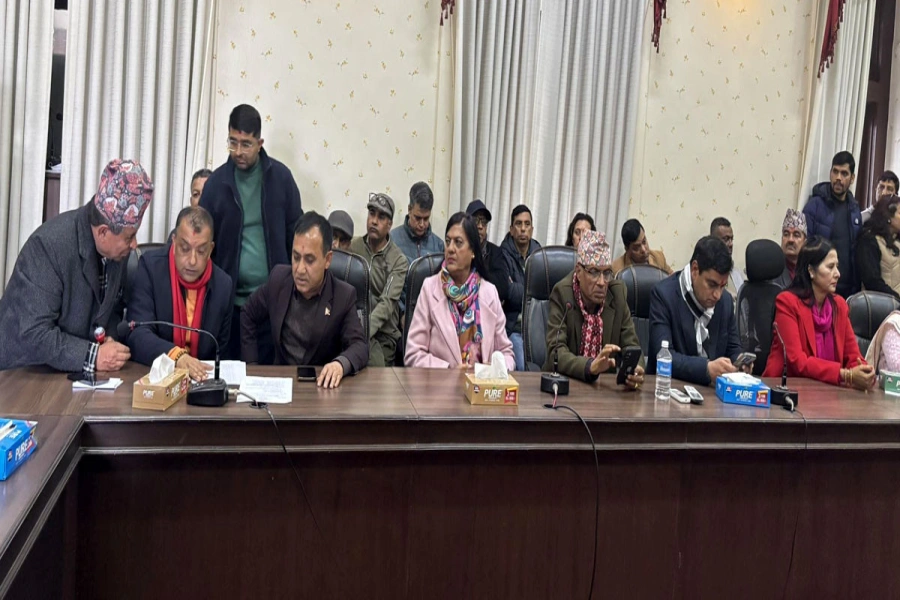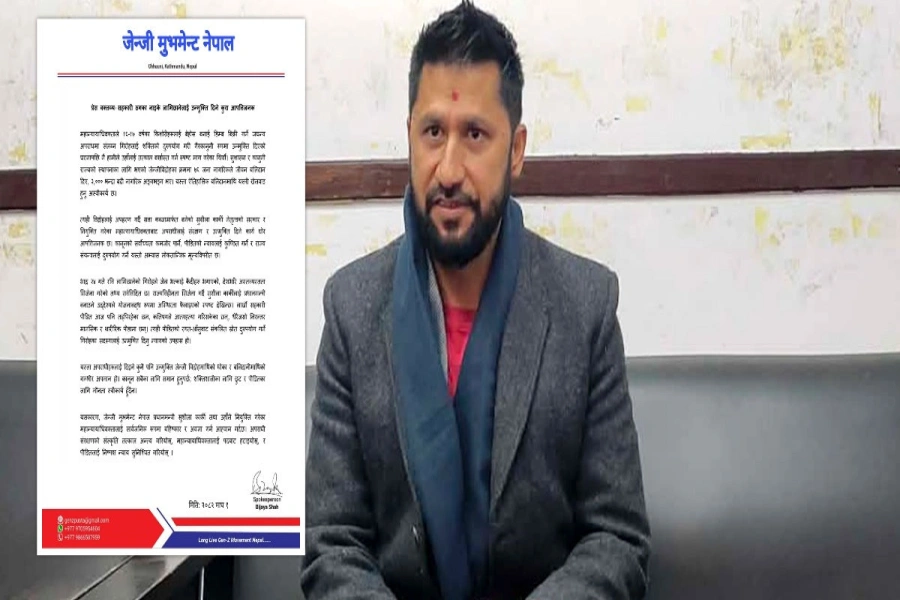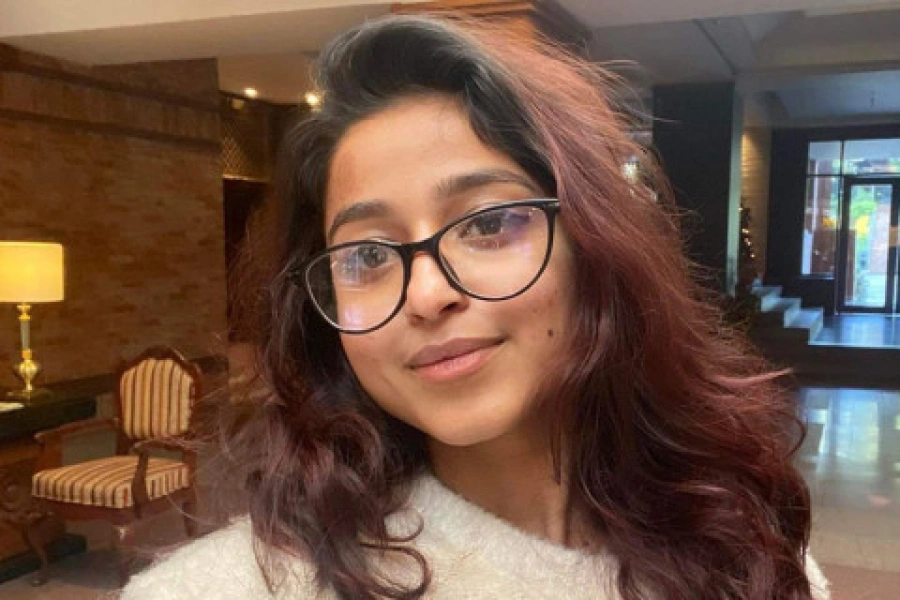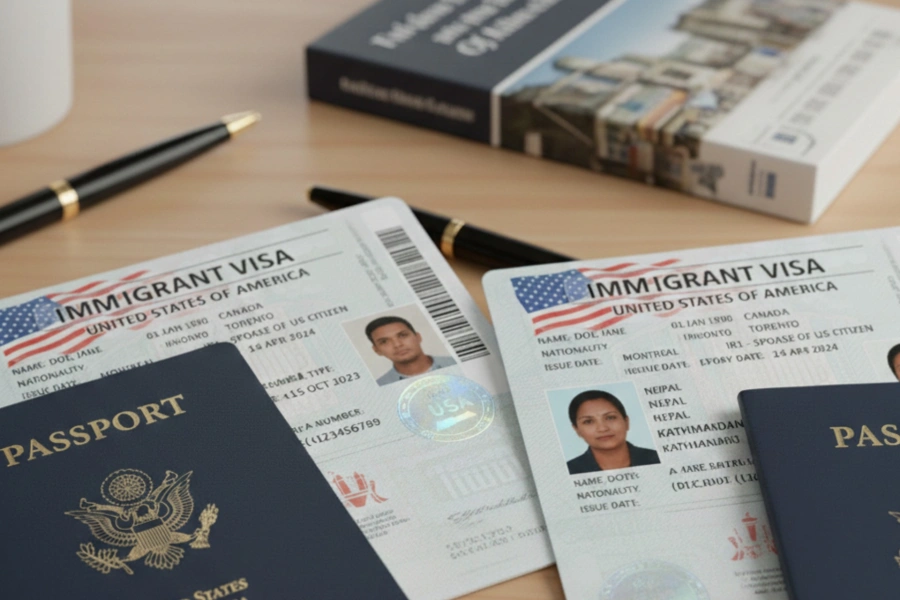But since South Asian countries, which are the highest troop contributors to the UN Peace Keeping missions around the world, have adequate expertise and experiences, why not form a regional peace keeping force comprising army personnel from various South Asian countries. [break]
This will on the one hand will help do away with the frictions that exist among these nations while on the other hand demonstrate the world that they stand united for the cause of regional peace and security.
Against this larger regional context, a workshop on Changing Dynamic in Peacekeeping--Regional Cooperation among South Asian Nations kicked off in Kathmandu on Thursday as an initiative of track II diplomacy.
The two-day workshop organized as a follow up of the similar workshop held a few months back draws military experts, university professors, researchers and former diplomats from various countries including Nepal, India, Sri Lanka, Pakistan and Bangladesh.
In his key note speech at the workshop, former Chief of Army Staff of Nepal Army Rookmangud Katawal said since the UN is unable to carry the entire burden of maintaining world peace and security it is high time that regional organizations assumed greater responsibilities.
"In the changing dynamics of peace keeping and conflict management, cooperation among South Asian countries have a great prospective -- it is a challenge as well as an opportunity," he said.
Former Major General of Indian Army Ashok K Mehta, who is also advisor to Security Watch India, said such a force could not be deployed in the event of conflict within South Asia or beyond but also in the event of natural calamities.
"The discussion we are having now has a distant objective of forming a regional peace keeping force," said Mehta, who first conceived the idea.
Let’s live in peace and embrace diversity



